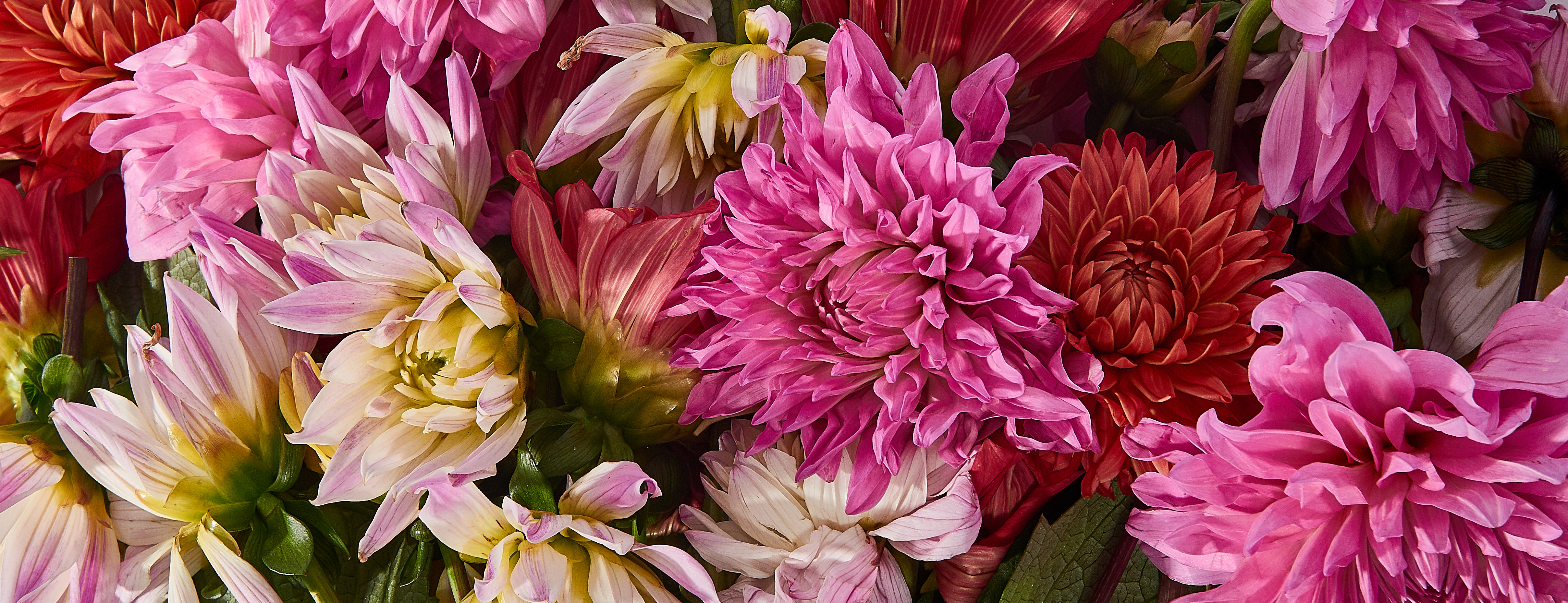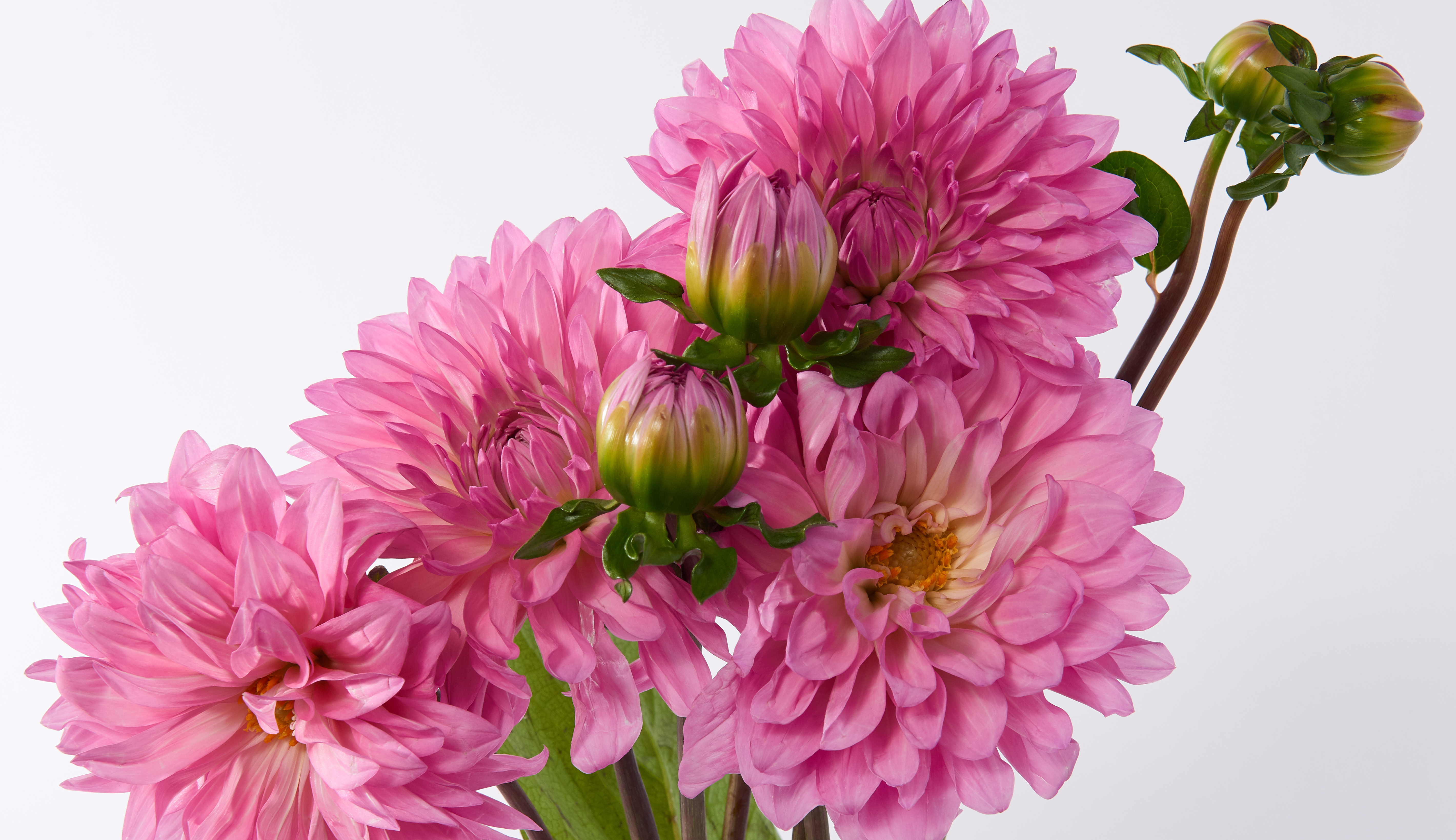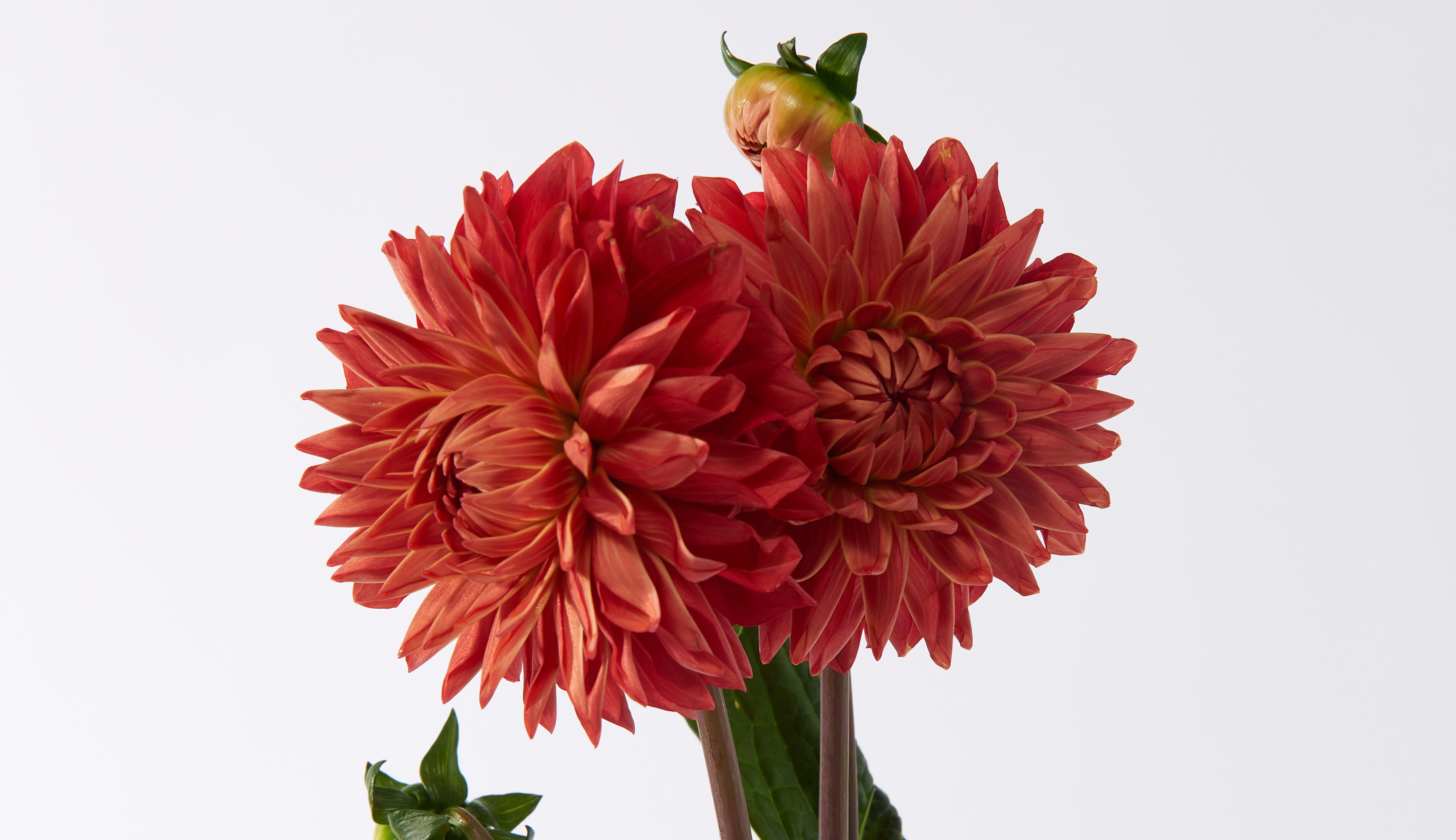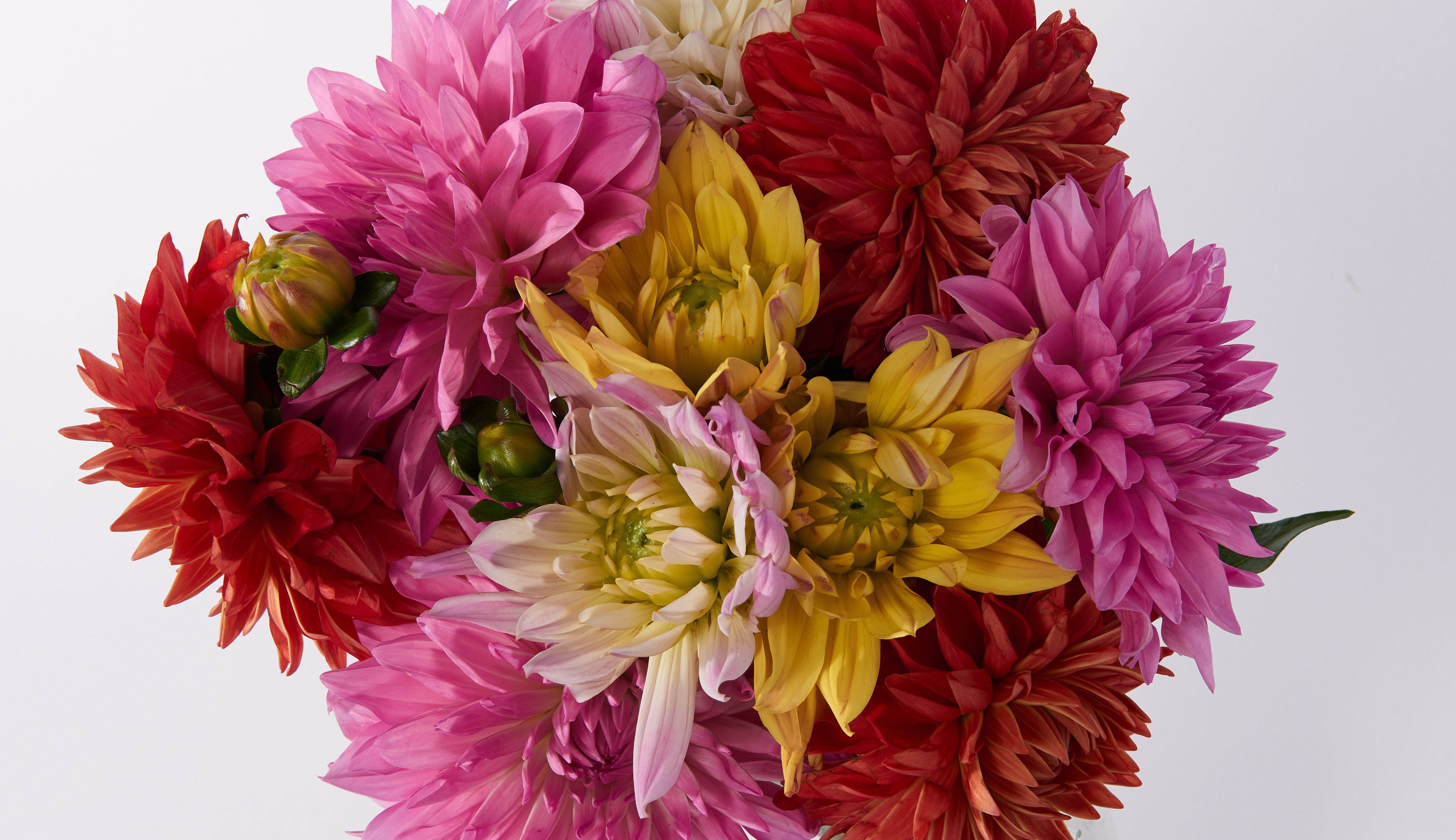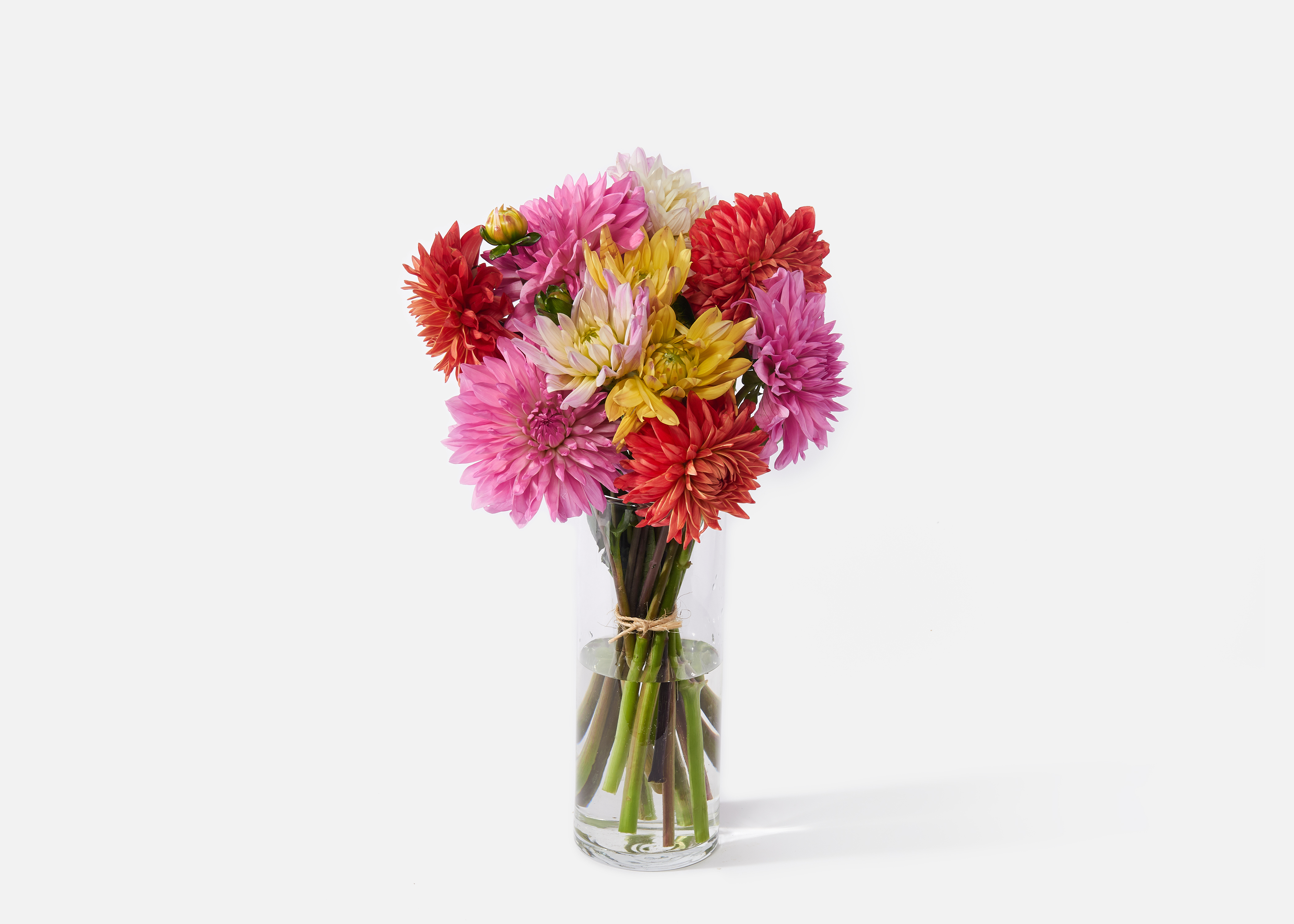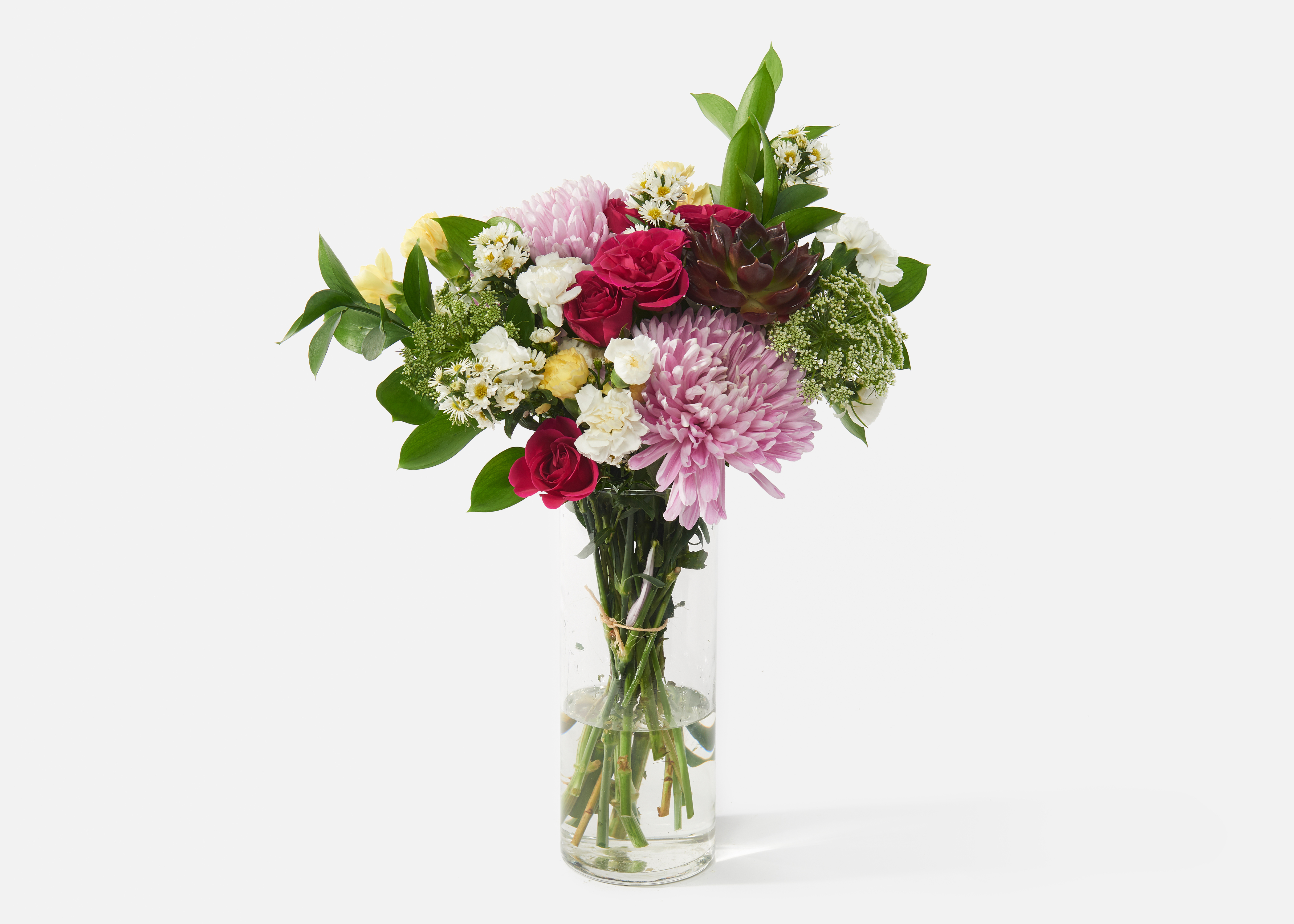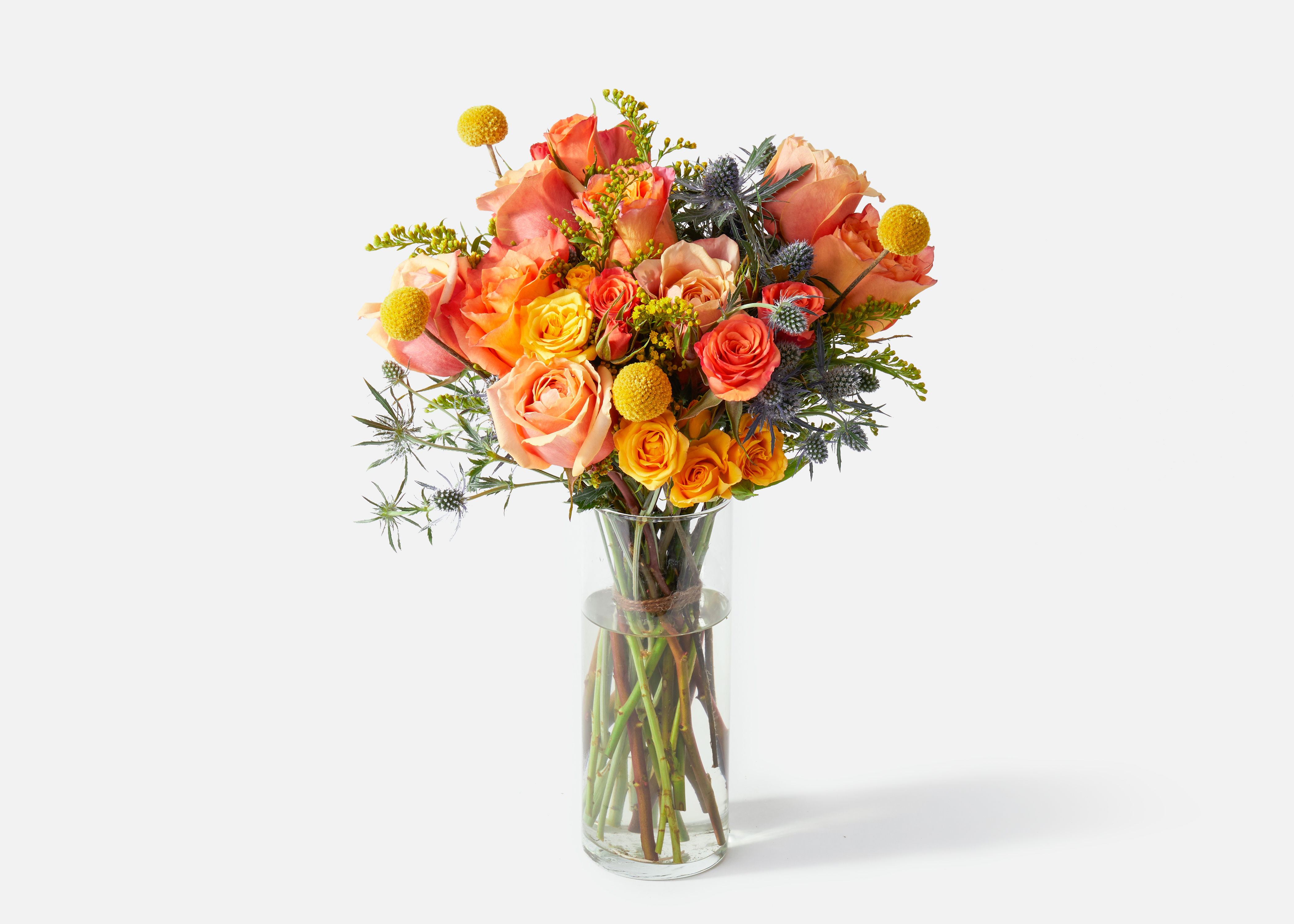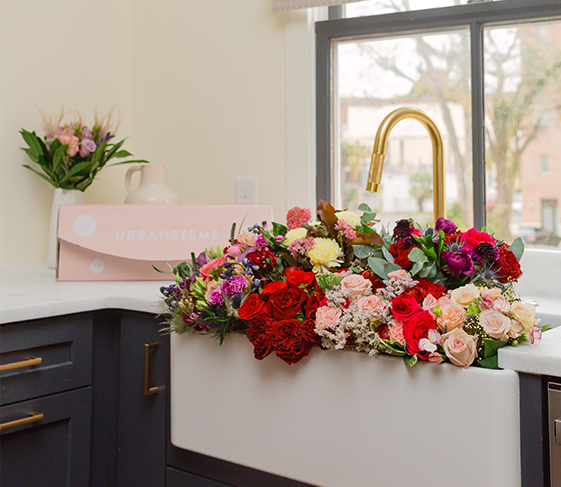My wife Sarah and I were traditional professionals; she's a lawyer and I'm a scientist. As most people who venture into the corporate world find out, the pursuit of money grows stale and uninspiring after grinding for years. We also had raised 3 kids (still actually raising 2 of the 3, as one is a junior in college now) and as most parents find out, their entire life revolves around the kids' lives. We wanted to find a project or a hobby or some kind of adventure that we could go on together, that had nothing to do with our kids. And as a bonus, it might feed our souls where our current jobs were seemingly draining our souls.
My mom, Diana Precht (who also runs her own flower farm in Colorado called "Rocky Mountain Blooms") has grown flowers and more specifically dahlias since I was about 10 years old. We lived within minutes of one of the biggest dahlia producers in the country; Swan Island Dahlias in Oregon. I was never much interested in the dahlias when I was a kid because kids rarely appreciate things like that.
But one day when Sarah and I were visiting my parents, my Mom was taking the Floret Flower Farming course and she wanted to share some of the brilliance of this unique educational experience. She showed us the video on how to propagate dahlias from cuttings and we were fascinated by it. We were hooked and thought "this could be the passion project we could share".
Sarah and I both have an undying and fervent love of the natural world. We both long to be outdoors, feeling the sensations that only nature can produce. The great thing about growing plants is the barrier to start is extremely low. Buy some seeds, throw them in the ground, water them a bit, and chances are good something will grow. Of course, doing it well and as a career takes a whole lot more, which we are finding out on a daily basis! But we love it and there is an allure and thrill that is indescribable about it that has committed us for life.
The sustainable and organic aspects of our farming enterprise were early principles we knew we wanted to maintain. But going about that approach to farming is not an easy decision and certainly not an easy road to "hoe" (excuse the pun). How do you even do it? What does it take? Do you need certification? Turns out what you do is read everything you can, you ask for help from experienced growers, and you just start experimenting. And then you make mistakes, A LOT of mistakes. Here are some of the things we have employed successfully on our farm that move us toward more sustainable floriculture:
- No-till farming - This is a relatively new approach, which involves not using heavy machinery to disturb the soil each season. It promotes a healthy soil ecosystem and ultimately promotes healthy plant growth, limiting pesticide use.
- OMRI Listed products - OMRI is the Organic Materials Review Institute, which is the governing body that decides what qualifies as an organic pesticide or herbicide, or fertilizer. As long as you only use products that are OMRI listed, you can claim to be organic. Certification is another matter altogether. Unfortunately, it's somewhat cost-prohibitive to get the certification, so we'll see if that is in the future for us.
- Limited plastic use - There are some materials that flower farmers use which contribute to the plastic accumulation that is choking the planet right now. The primary source of plastic use is netting which helps support flowering plants, something that a majority of cultivars require. We've moved away from this plastic netting in favor of steel bent cages that will last our lifetime. There are other examples of how we reuse materials rather than employ single-use items, again something that is not a sustainable approach.
- Floriculture in Aquaponics - This is the biggest and most ambitious organic and sustainable approach we employ. Aquaponics involves growing plants in water (like hydroponics), but the plants are fertilized via fish waste and nitrifying bacteria that convert it to a usable form. Vegetables, specifically leafy greens, are grown frequently in these systems, and provide a myriad of benefits; 90% less water used, 2 times the growth rate, less pesticide use, no weeding, plants can be grown at waist height to limit bending for the farmer, and crops can be grown year-round in a greenhouse. Flowers have been minimally researched in aquaponics, and so we are pursuing this to prove that dahlias especially can be grown this way and realize these benefits. We recently were awarded a $200,000 grant to develop our aquaponics greenhouse for this research! So exciting developments are on the way!
This is always a tough question to answer for a flower farmer because we truly love all the flowers. Some we don't love, but a majority we truly love to grow and appreciate when they bloom prolifically. But, if pushed, I would say Dahlias are the favorite. It's the one flower that we are growing in abundance and we have the most cultivars of. We also are breeding them currently and will probably breed every season. There are very few experiences in farming that give the same thrill as creating a whole new cultivar of a flower!
FEATURED PRODUCTS
